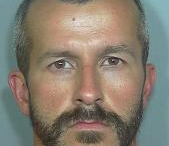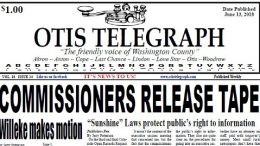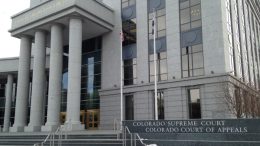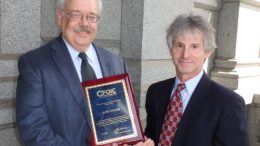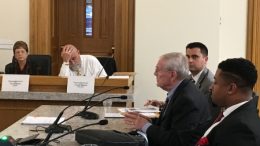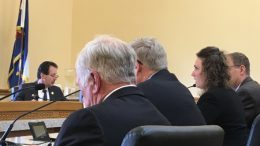Court in Watts case is wrong venue to decide access to autopsies, media groups and CFOIC say
A judge should deny the prosecutors’ motion to keep autopsy reports from the public in the Frederick triple homicide case because the criminal court lacks jurisdiction to decide that question, a media coalition and the Colorado Freedom of Information Coalition argued.

